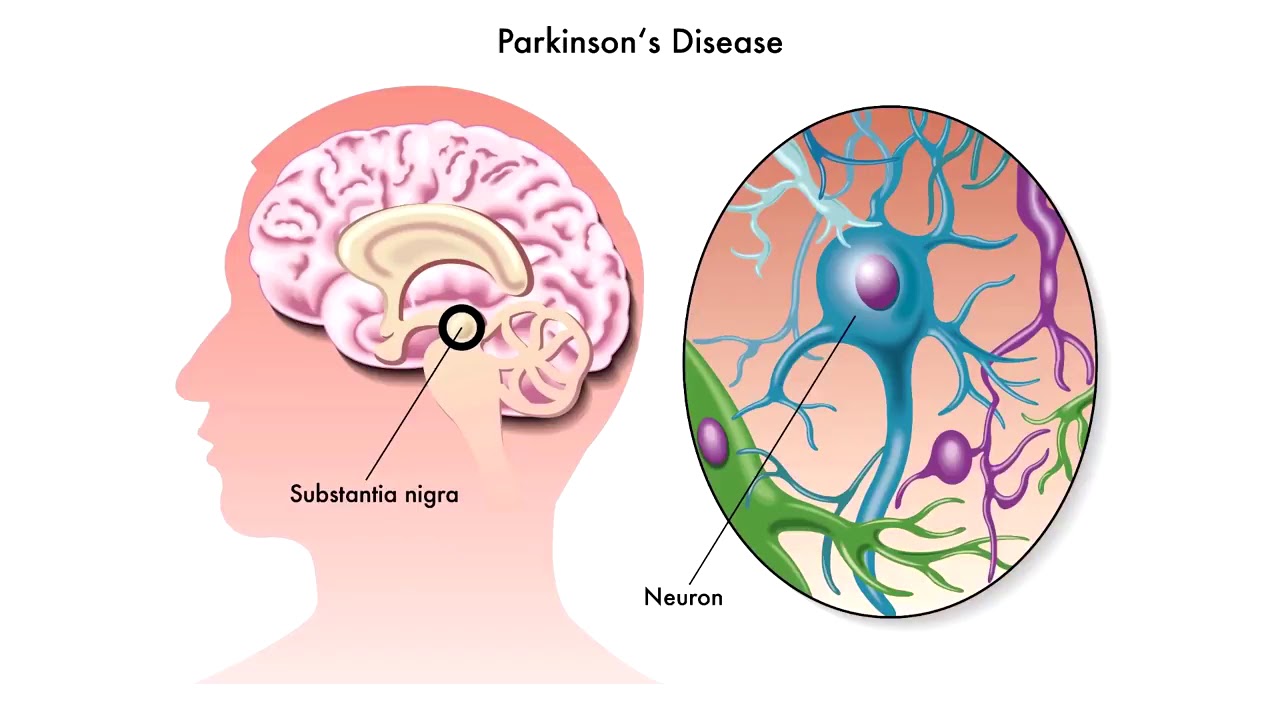
A neurological condition called Parkinson’s disease affects movement and frequently shows as tremors, stiffness, and slow motion. Although the initial course of treatment is usually medicine, if the disease grows more serious, surgery, such as deep brain stimulation (DBS), may be required. Renowned neurosurgeon Dr. Tushar Borde offers light on the fundamental reasons why people with Parkinson’s disease frequently require surgery.
1. Mutations in Genes
For certain people, genetic factors are a major contributing element to the onset of Parkinson’s disease. Certain gene mutations, such those in LRRK2 and SNCA, affect the generation of dopamine, which interferes with proper brain function.
2. Low Levels of Dopamine
Parkinson’s disease causes a decrease in dopamine, which is necessary for movement and coordination, as dopamine-producing neurons deteriorate. Tremors, slowness, and muscle rigidity are the symptoms that result from this. Surgical techniques such as Deep Brain Stimulation (DBS) can restore movement control by targeting afflicted brain regions when drugs become less effective.
3. Exposure to Certain Toxins
Parkinson’s disease is thought to be caused by long-term exposure to toxins such as industrial chemicals or pesticides, which damage neurons. Surgical procedures may become necessary to address symptoms when non-surgical treatments are no longer effective.
4. Presence of Abnormal Proteins
Lewy bodies and other abnormal protein buildup cause brain damage and accelerate the course of Parkinson’s disease. Surgical treatments such as DBS, which bypass damaged brain circuits, help manage advanced symptoms as neuron destruction develops.
Conclusion
While Parkinson’s disease is progressive, understanding its causes can help patients and their families make informed decisions about their treatment. Whether due to genetic mutations, environmental toxins, or declining dopamine levels, surgery can offer significant relief when medications are no longer effective. Dr. Tushar Borde emphasizes that advanced surgical techniques, such as DBS, have provided new hope for Parkinson’s patients by improving their quality of life and helping them regain control over their motor functions.



